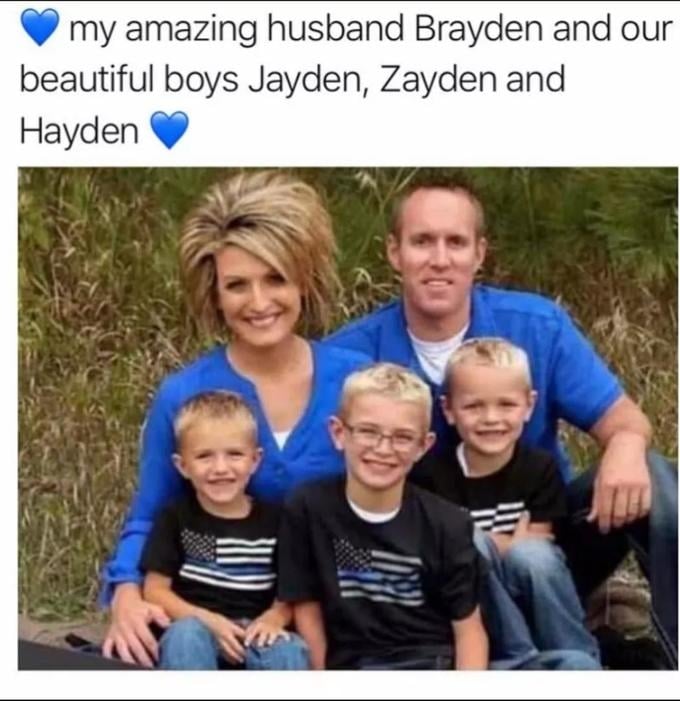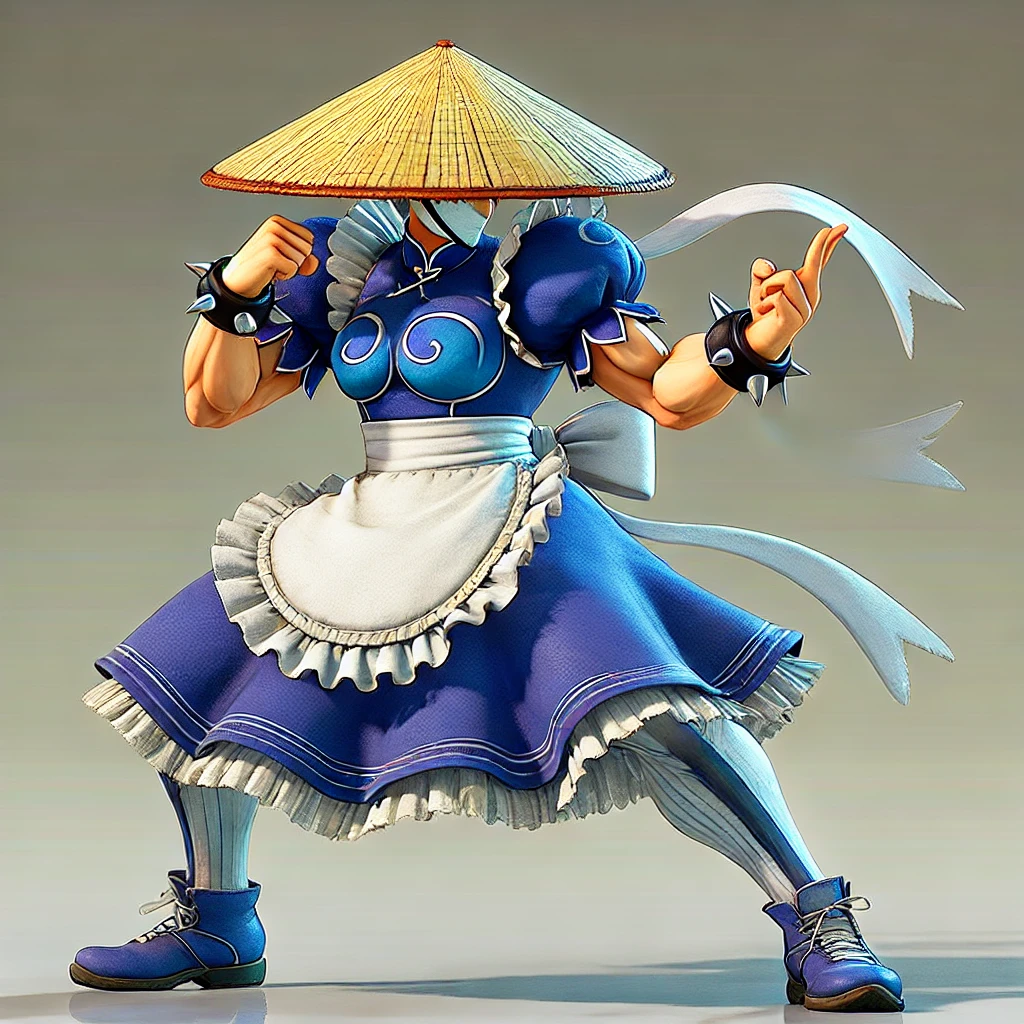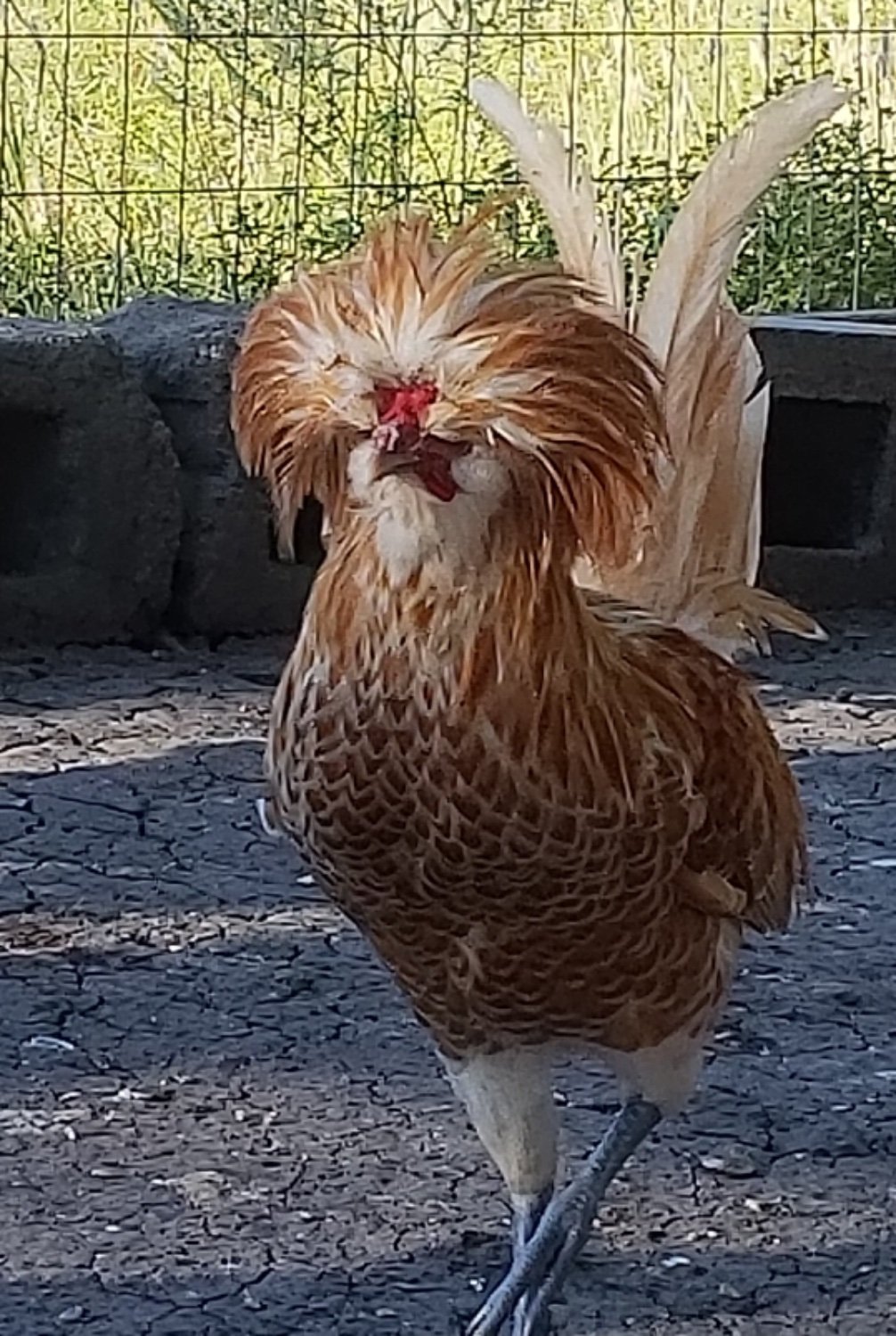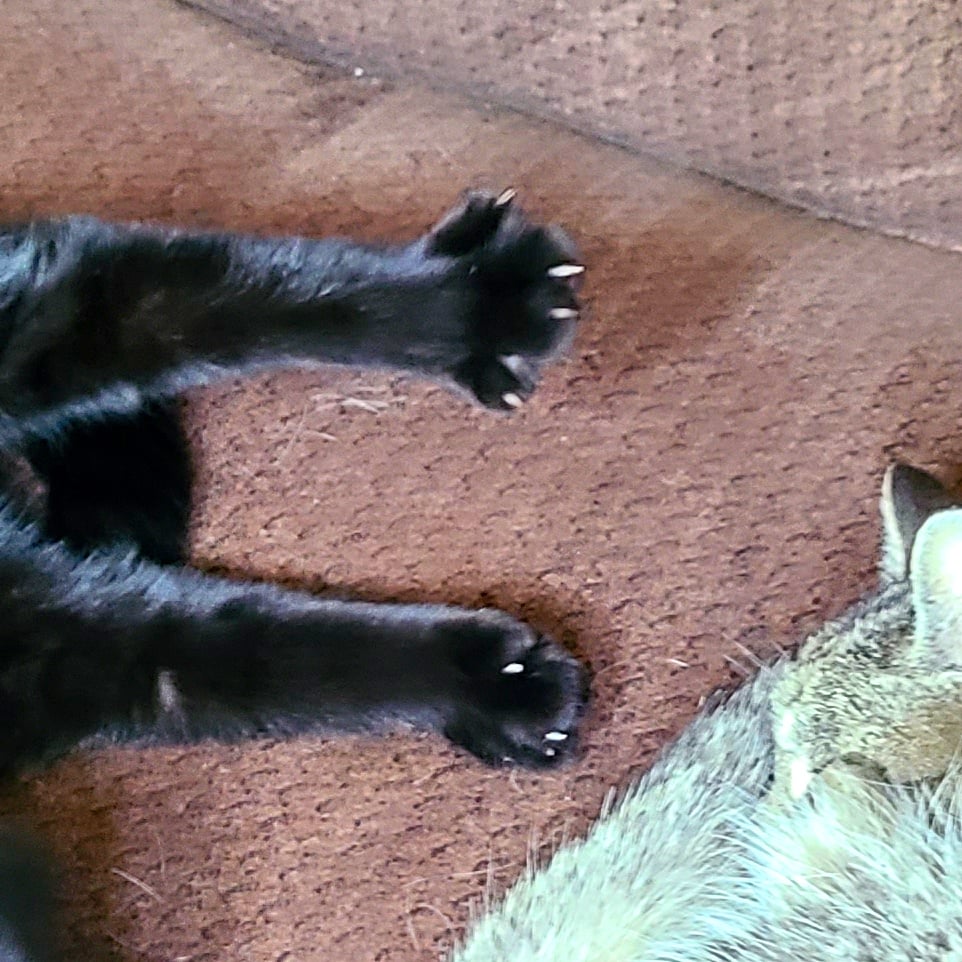I’m seeing this so many times… Like Aiden, Caiden, Braiden, Jaiden, Paiden…
There’s a well-studied phenomenon called “social diffusion”. People of higher socioeconomic status seek out novel, unique, or fashionable baby names and start using them. These names gradually get picked up by families of lower socioeconomic status. Eventually the names become mainstream, and then finally decline in popularity.
Okayden
This deserves way more upvotes.
Edit>> Come on, you can do better than 6 downvotes.
We could, but we don’t want to.
Social diffusion is an explanation of how information spreads, not just names.
My understanding is that unique names and neologism have long been a feature of African-American culture where North American Caucasians followed a family naming tradition. I think what has happened is some celebrities have moved towards a unique name scheme. But it feels like a mainstreaming of AA culture more than anything.
The impetus has been there in Europe. Many nations have/had very restrictive rules about names. They’d only have rules against it if people were trying to do it. I had Swiss friends who were very excited that their daughter was born in Canada so they could name her “Sora” which wasn’t in the approved name list in Switzerland.
“Approved name list”? What the actual fuck?
I believe Iceland has this as well.
Lol. Check out Denmark. https://en.m.wikipedia.org/wiki/Naming_law
Same in France, though they’ve loosened up a bit. Used to be saints names only.

The Karen haircut makes that picture
That’s a Super Saiyan Karen!
she’s got over 9000 posts on Facebook!
Wow, and the kids are in Thin Blue Line shirts. What a weird family.
In a few years, they’ll all be posing with AK-47s or similar
This looks like a parody. It’s just too perfect.
I would feel bad for Zayden, except that in an alternate timeline where his father was named Brad, Zayden would have been
bannednamed Hunter. So it could be worse. I would rather be Zayden than Hunter.I work with two guys named Hunter and they’re very cool
Most Hunters I’ve met are pretty cool. Can’t say the same about Drew’s, Brock’s, or Clayton’s, but I feel like those are becoming more uncommon as I get older.
Jesus Christ on a motorbike, that picture just SCREAMS “upper middle class 2008 suburban white family”.
I bet they have a large wooden deck out back, an above-ground pool, and a trampoline with one of those safety net cages.
She’s a chicken! Run!
Here are my two sons Aiden and Abettin.
Aiden is tradition Gaelic and it means “fire”. Caiden is also Gaelic meaning “battle” Braiden is Gaelic meaning “salmon” Jayden is Hebrew for “God will judge” Hayden is old English meaning “hedged valley”
I’d like to see your source for those. I don’t know Gaelic so I can’t fact check those ones, but I do know a bit of Hebrew, and names that mean ‘God X’ usually end in el, not en. Also, Hebrew doesn’t have an English J sound, it has the IPA J sound though, or English Y sound. The Hebrew word for judge is ‘shofet’.
Probably taken from this.
The name is probably a modern invention, formed by blending the “Jay” sound from the 1970s-popular name Jason with the “den” sound from names like Braden, Hayden, Jordan and Zayden.[1] The biblical name Jadon (or Yadon), Hebrew for “he will judge”, appears in the Bible in Nehemiah 3:7,[2] but it is unlikely to be the source of the modern name.[1]
So I’m guessing it’s a combination of dun/den/tun etc being a common suffix in a lot of historical languages, and ‘ei’ being an extremely common diphthong worldwide just… leading to a lot of similar-sounding names that also converge in spelling in modern English?
Unique names and spellings became popular in the US during the 70s as part of the Black Power movement. The politically conscious black parents didn’t want to name their children European names, for some reason. The problem is that these black parents had no cultural link to Africa because that had been stolen from them.
Fist came Arab names. I presume this has to do with the NOI and the black celebrities who converted to it. Some of these names are still popular like Omar and Jamal. Of course Black Americans have no more connection to Islam than they do to Christianity, So black parents just started making new names for their children.
American popular culture tends to incubate in the black community and slowly drift into white culture. So it has gone with the unique baby names.
very good answer. white people have tried to take everything from the black community, and now the names…
Ashleigh, Raileigh, Kaileigh
When i read that i imagined that scene i. Fear and loathing in las vegas when they sniffed ether.
Maiden, Raiden

sigh
unzips
Hayden

You forgot the best one, Okayden.
What’s with your name, buzz?
Ah, a lesser known Daft Punk song.
Paiden? That’s a weird one. Payme on the other hand, now that’s a good name.
Payme Não
I knew someone with that name. Or at least I assume that was her name because she kept repeating it, like a Pokémon. Incidentally, she was a sex worker.
she was just trying to tell you, that she didn’t want to get paid
It’s the male version of adding -lin to the end of a name.
Never heard of this, what are some examples? Maybe caitlin? Just looked that up, it’s an Irish name.
I don’t think there’s any history, it was just popular in the midwest in the 2000s
Caitlyn, Kaylin, Ashlin, Jaylin, Roselin, Jaquelin, Shaelin. Same with adding “leigh”
The English name suffix -in comes from the french name suffix -inne which is a feminine modifier. Eg. Jacques is a masculine name, Jacqueline is a feminine name.
But those are just names that already existed? I thought you meant like taking a name like Simon and making it Simonlin or Adam to Adamlin
Gracelyn, Emmalyn, Cathlyn, Jessalyn.
collin
deleted by creator
You take a common name and add “lin” or any variation of that sound at the end.
The only example I have at the top of my head is Jessica-Lyn because I knew one person with that name in the past, but you get the gist.
Those are the names given to the children of all the teenagers I knew who got pregnant in my high school, so they always just remind me of teen pregnancy.
I feel all wrong now because you decided not to list the first three in alphabetic order.
It’s been around for a while. Over a decade ago Target ran a cheeky back to school advert featuring a slow pan across school cubbies with lunch pails all labelled with variant spellings of “Braiden”. I thought it was hilarious.













